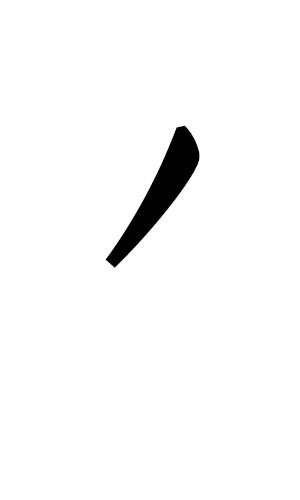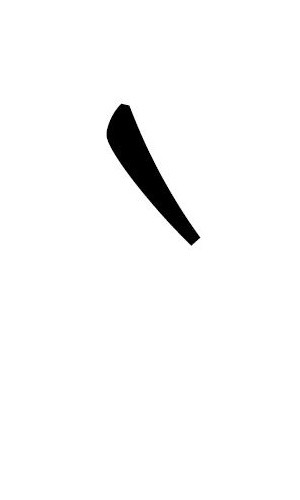Les Accents - French Accents
0.0(0)
Card Sorting
1/30
Earn XP
Description and Tags
Last updated 2:08 AM on 10/18/22
Name | Mastery | Learn | Test | Matching | Spaced | Call with Kai |
|---|
No analytics yet
Send a link to your students to track their progress
31 Terms
1
New cards
Accent aigu on the letter e.
é
2
New cards
What does an accent aigu tell you?
Tells you to pronounce an <> similar to the <> in the English word <>. (exemple: répétez!)
3
New cards
Accent grave on the letters <
è, à, ù
4
New cards
What does an accent grave tell you on the letter <>?
Tells you to pronounce an <> like the <> in the English word <>. (exemple: très)
5
New cards
What does an accent grave tell you on the letter <> or <>?
6
New cards
Accent circonflexe on all 5 vowels.
â, ê, î, ô, û
7
New cards
What does an accent circonflexe tell you?
Tells you not to change the pronunciation - often means there used to be an S in the word in old French. (hôtel)
8
New cards
Cédille on a c.
ç
9
New cards
What does a cédille tell you?
Tells you to pronounce the <> like an <> (français)
10
New cards
Tréma on <
ë, ï, ö, ü
11
New cards
What does a tréma tell you?
Tells you to pronounce two vowels that are next to each other separately. (Noël, naïve)
12
New cards
What accent mark is in this word: français?
cédille
13
New cards
What accent mark is in this word: très?
accent grave
14
New cards
What accent mark is in this word: naïve?
tréma
15
New cards
What 2 accents are in this word: tétû (=stubborn)?
accent aigu, accent circonflexe
16
New cards
What 2 accents are in this word: élève?
accent aigu, accent grave
17
New cards
Les accents français et les signes orthographiques:
POURQUOI (=why) ils sont importants?
POURQUOI (=why) ils sont importants?
Because they are part of spelling=l'orthographe.
They can change the meaning=La signification/le sens.
They can change the pronunciation=la prononciation.
They can change the meaning=La signification/le sens.
They can change the pronunciation=la prononciation.
18
New cards
accent aigu
Goes up. The most used accent and is only placed on the letter e. Sounds like <> in <>.

19
New cards
accent grave
Goes down. Can be placed on the letters <

20
New cards
une cédille
It looks like a squiggle or number 5 under the letter 'c' and is ONLY used on the letter c (ç.).
21
New cards
preferer
préférer
22
New cards
experience
expérience
23
New cards
bibliotheque
bibliothèque
24
New cards
marche
marché
25
New cards
elephant
éléphant
26
New cards
chateau
château
27
New cards
frere
frère
28
New cards
derniere
derrière
29
New cards
garcon
garçon
30
New cards
tete
tête
31
New cards
medecin
médecin